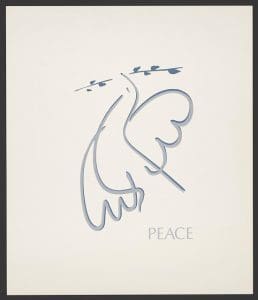One of the themes mentioned in the One Book, One Chicago selection, Maus, by Art Spiegelman, is personal freedom. When one thinks of personal freedom, thoughts may arise to what personal freedom really means. Is this freedom attributed to only one person? Or does it begin with an idea that becomes a goal which affects a group on a personal level? Personal freedom can be defined as an individual effort. However it sometimes evolves into a group effort of individuals with a common goal.
The following works provide real stories of personal freedom.
In Across That Bridge, Congressman John Lewis draws from his life experiences as a prominent leader of the Civil Rights movement and his dedication to serving in the U.S. House of Representatives. A personal friend and confidant to Dr. Martin Luther King, Jr., Lewis was a proponent of Dr. King's message of nonviolence and peace.
During two days in August 1910, the largest wildfire in U.S. history decimated three million acres across eastern Washington, Idaho and Montana. Under the leadership of President Theodore Roosevelt and Gifford Pinchot of the Conservation Movement, Congressional opposition and corruption were curtailed. Read more about their leadership and the personal decisions made by firefighters, immigrants, former slaves and more which affected many survivors and their families in The Big Burn.
Co-authors Hillary Rodham Clinton and Chelsea Clinton share inspirational stories of women who had the courage to ask difficult and challenging questions and challenge those who would prefer them "to know their place" in The Book of Gutsy Women.
Irena Sendler, a Polish patriot, was instrumental in helping thousands of Jewish children escape from the Warsaw Ghetto during the Second World War. She saw the need to see that these children secure their freedom, Sendler committed herself to helping the children in this occupied area of Warsaw. Read about her mission in Irena's Children.
The Woman Who Smashed Codes is the story of Elizebeth Friedman, the mother of cryptoanalysis and cryptography, who collaborated with her husband, William Friedman, and broke German codes during World War I. Friedman's accomplishments were forgotten in part due to her husband's accomplishments. She made a personal choice to remain in the background and even let J. Edgar Hoover take the glory of her own work.




Add a comment to: Freedom to Read: True Stories of Personal Freedom